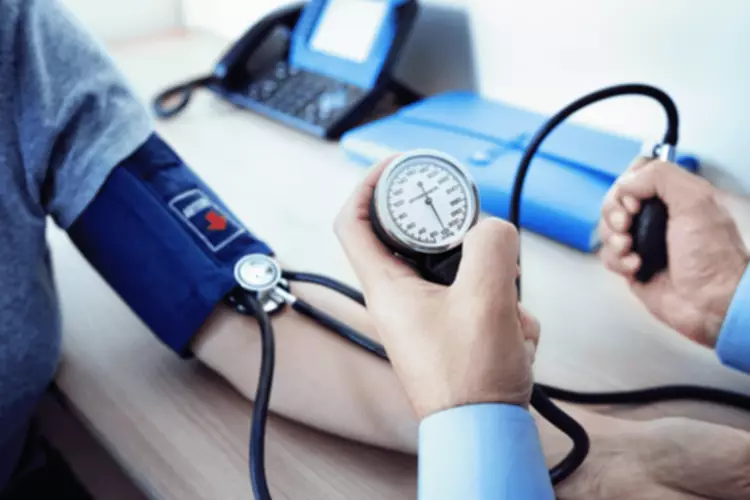Physiological Dependence definition Psychology Glossary
Content
These are prescription drugs that act on your brain’s opioid receptors in ways that help ease physical withdrawal symptoms and reduce intense cravings. MAT is used in combination with behavior therapy and support groups. Long-term drug or alcohol abuse leads to changes in the brain’s structure and function. Not only does physical dependence make it difficult for the body to self-regulate, but psychological dependence affects a person’s judgment, decision-making, mental health, and emotional health. For example, someone who is psychologically dependent on drugs or alcohol might continue drinking even after multiple DUIs or legal consequences. Furthermore, people with psychological dependence will experience strong and recurring urges to use drugs, even when they want to stop.

This proves to be an unhealthy relationship between the substance and the person. Not being able to stop drug usage is a common symptom of psychological dependency versus physical dependency. This is a behavior that is symptomatic of psychological dependency. Psychological dependence is an emotional state caused by how chemicals affect the brain. A person’s emotional behavior changes, resulting in mood swings, feelings of irritability, and depression. If you or someone you know identifies with the symptoms of physical and psychological dependence, you might need addiction treatment.
Signs That Tolerance or Dependence Have Crossed Over to Addiction
Without detox in a supervised environment, there are serious risks, including death. It all depends on how long a person has used a substance, how many they are using, and what they are detoxing from. Symptoms of psychological dependence on alcohol physical dependency are not limited to the sufferer and may include those in the substance user’s life. The stress and discomfort of withdrawal can consist of fear and anxiety that may manifest in lashing out.
You’re probably dealing with both a physical and psychological dependence in this case. Medication may be needed as part of the alcohol recovery program to speed the brain’s return to healthy activity. More natural methods of achieving relaxation can help bridge the gap during treatment. Serenity House Detox & Recovery Houston provides accredited drug detox for people just like you. At Serenity House Detox & Recovery Houston, you also feel safe, comforted, and cared for during your first days without drugs. Therefore, psychological and physiological dependence should probably not be perceived as entirely separate entities, but rather two sides of the same coin.
North Jersey Recovery Center Helps Patients With Physical Dependence and Psychological Dependence
In substance abuse, it is easy to see how these changes in the brain occur, because the drug or substance has a specific target in the brain that is changed as a result of using the drug. In looking beyond drugs at addictive behaviors, the brain changes are not as noticeable, but they still exist. Activities that are pleasurable to us produce dopamine and opioids in the brain that make us feel good. The more we engage in them, the more our brain becomes dependent upon these activities for us to achieve a certain emotional state. As a result, when we are not engaged in them we tend to feel dissatisfied and have a desire to seek out the behavior.
Like other chronic, relapsing diseases, including high blood pressure and diabetes, treating drug addiction is an ongoing process. If a relapse occurs, this is not a failure of treatment; it is a sign that ongoing, different, or more intensive treatment is needed to control the disease. Over time, you realized you need your drug to keep from feeling “dope sick.” Dope sick is withdrawal. Withdrawal means you experience ill feelings because your body needs the drug to function normally. So you use more of your drug and cannot quit, or you feel terrible.
Drug dependence
Physical dependence alone, meaning the development of a withdrawal syndrome upon abrupt discontinuation of the drug, is not evidence of addiction. A person’s mental illness may get worse as a result of psychological chemical dependency. People with a borderline personality disorder might have a tendency to self-harm. DBT might be better over CBT because it recognizes that these thoughts and feelings may never go away completely. Yet, it gives people the tools to change their behavior in spite of how they think and feel. The inability to stop using drugs even after health problems arise is another symptom of psychological dependency versus physical dependency.
Taking larger doses of a drug or substance is an effect of psychological dependence, not physical dependence. Once your brain is used to the effects of the substance of choice, it requires the person to take larger and larger doses to get the same initial effect. If you have a physical dependence, it’s critical that you undergo alcohol or drug detox under the care of medical professionals. Withdrawing from some drugs like heroin or alcohol on your own can be dangerous, and even deadly without proper care.
Treatment options include gradually decreasing the substance to lessen the negative symptoms, counseling, and taking a safer substance in place of the illegal or dangerous drug. Suddenly stopping a substance can be extremely hard for most individuals depending on the severity of their addiction. Barbiturates, alcohol, and Benzodiazepine withdrawal frequently require medical attention because of the risk of major seizures and the risk of cardiac arrest.
Physical dependence describes changes to the body that could be measured in a medical lab test, as a result of addiction. Seizures, rapid heart rate, and measurable changes to serotonin or endorphin levels might be symptoms of physical dependence. Scientifically speaking, physiological dependence describes the adaptive changes the body makes in response to the continued use of an addictive substance. These adaptations to brain and body chemistry, hormone levels, and organ functions develop slowly and will take time to return to normal. This blog is for informational purposes only and should not be a substitute for medical advice. We understand that everyone’s situation is unique, and this content is to provide an overall understanding of substance use disorders.
